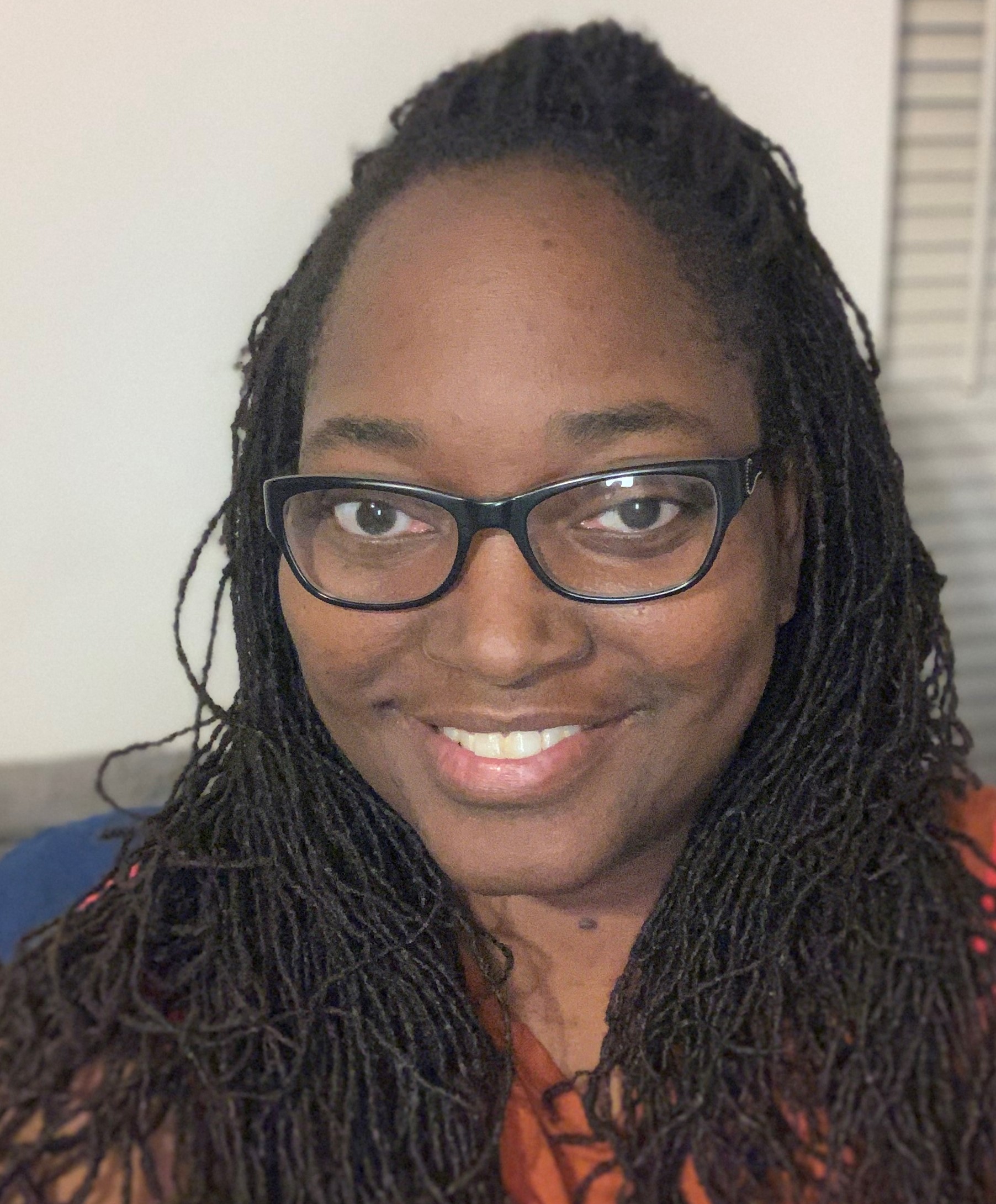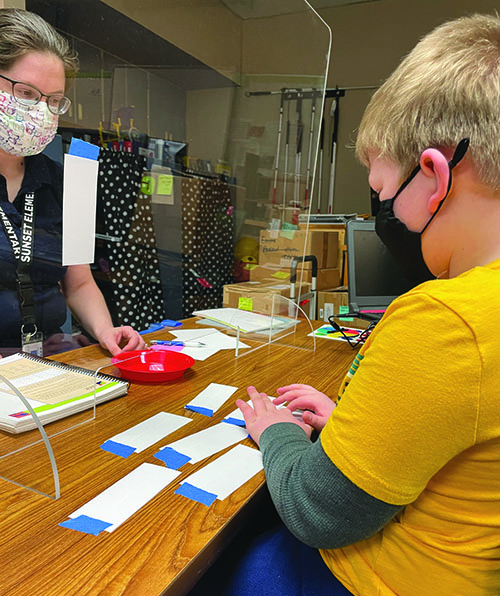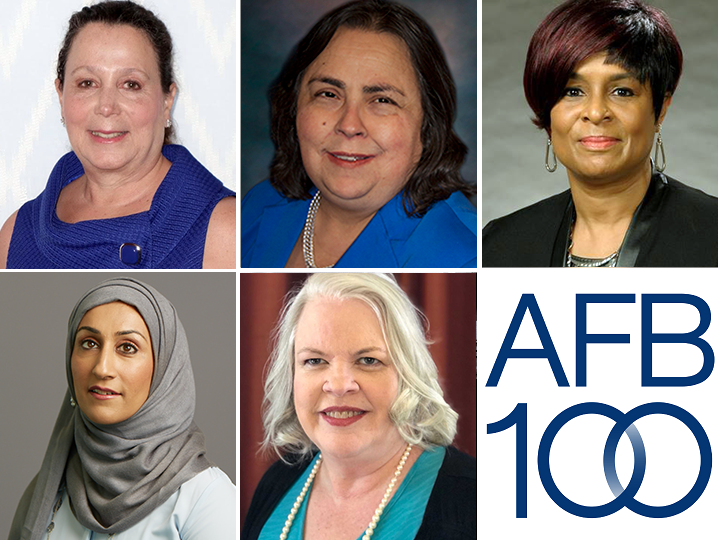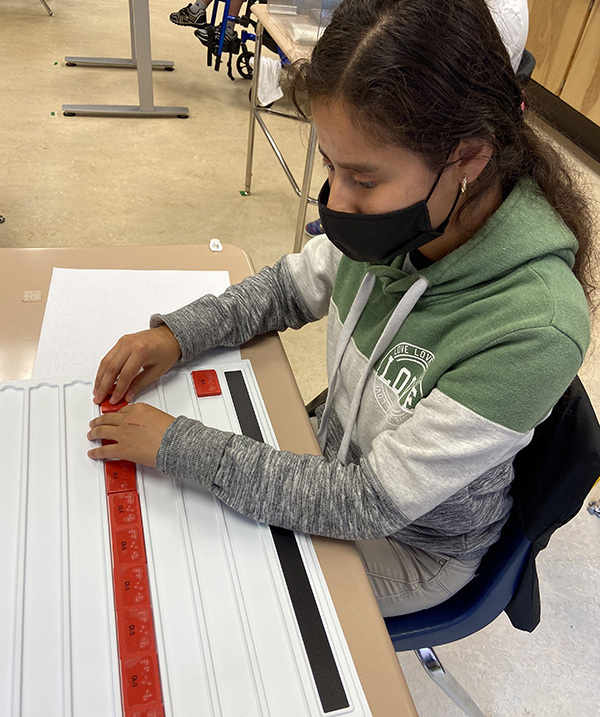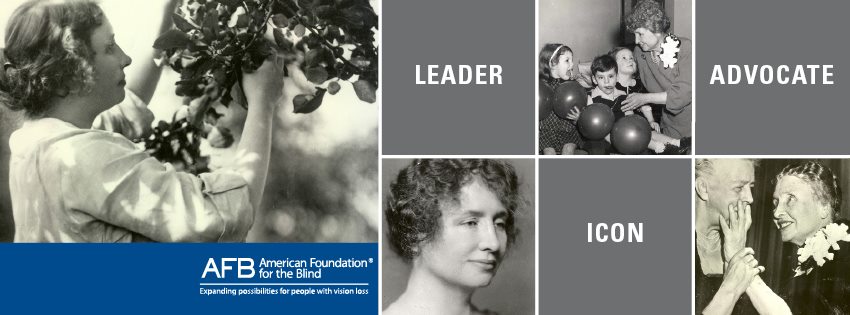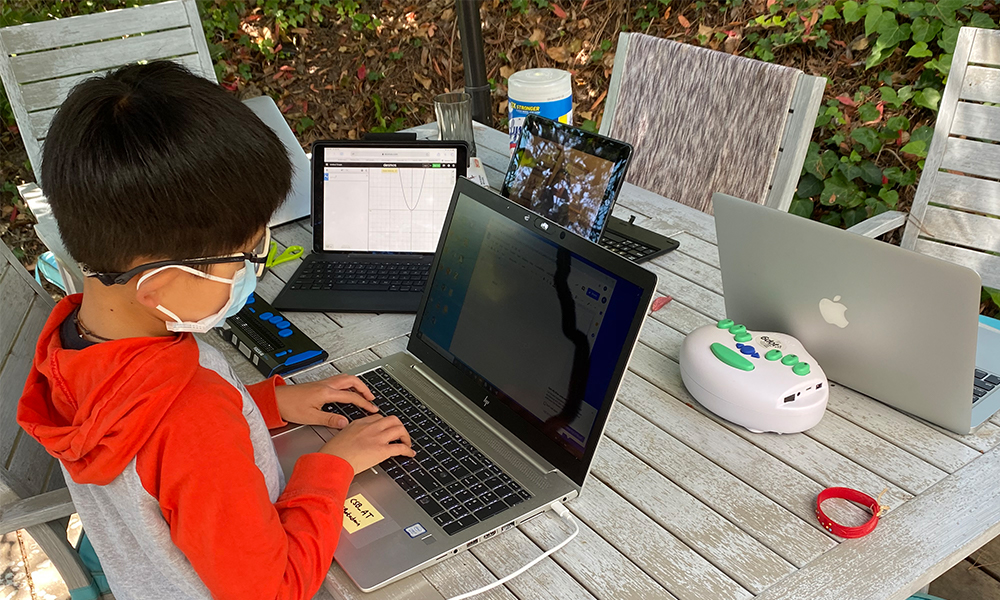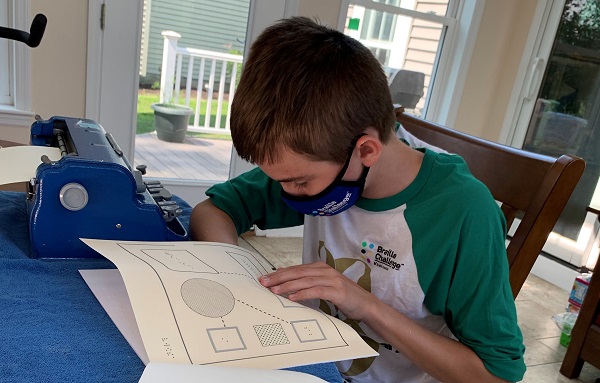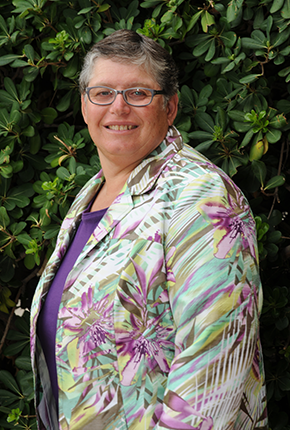Students who are blind or visually impaired should have the same educational opportunities and programs as their peers without disabilities. Through research, advocacy, and policy initiatives, AFB is working to create a world of no limits for students who are blind or have low vision. We speak up for children who are blind or visually impaired, to make sure every student has an equal opportunity to succeed.
In recognition of Women’s History Month and the incredible leadership of Helen Keller, our most famous advocate, AFB is hosting a panel discussion on “Women in Leadership: A Conversation About the Intersection of Gender and Visual Impairment," featuring a diverse group of visually impaired women in leadership roles—from corporations to politics, nonprofits, and small businesses.
On December 18, EdSurge, an educational technology company that publishes newsletters and operates databases used by venture capitalists, teachers, and school administrators, published a story titled “COVID-19 Is Costing Visually Impaired Students Time That Can’t Be Made Up.”
Lost in last week’s Thanksgiving holiday shuffle were some noteworthy media appearances and mentions of AFB Consulting and AFB Staff experts. To recap:
We know that families of blind and low vision children are still facing major challenges as the ongoing COVID-19 pandemic has forced many schools to move to online education.
